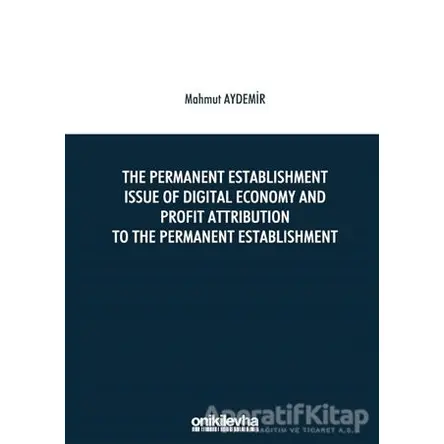The Permanent Establishment Issue Of Digital Economy And Profit Attribution To The Permanent Establi
The Permanent Establishment Issue Of Digital Economy And Profit Attribution To The Permanent Establi
Deriving income from the customers in a state without any physical presence in the state is the main feature that distinguishes digitalised businesses from the traditional businesses. It is a well-known fact that under the current traditional taxation rules, the business income of a non-resident enterprise would be taxable only the state in which enterprise is resident, unless it has a PE in the market state. In a case where the non-resident enterprise has a PE in the market state, then only income that is derived from that PE and it is attributable to it would be taxable in the market state. However, the traditional PE definition is entirely based on a taxable physical nexus which does not allow it to catch the income derived (i) from a country without any physical presence and (ii) from innovation new concept of value creation. This situation has triggered a political and academic discussion about how international taxation can be reformed to provide a reasonable and stable system for taxing profits of MNEs in the 21st century.
Policymakers in all levels are currently struggling to find sustainable solutions which can ensure effective and fair taxation for taxpayers and tax authorities. In this regard, while some states have already taken some measures to tax the provision of some sort of digital services and goods by implementation Digital Service Taxes unilaterally, creating a new nexus ( Digital PE), allocating taxing right based on value creation and rethinking of profit allocation methods are the remain main subjects on the agenda of competent authorities.
This book is grouped into four parts:
The first part deals with the traditional permanent establishment concept by considering the OECD Model Convention and some international court cases.
The second part address the multilateral and unilateral measures regarding the taxation of digital economy and specific to the permanent establishment issue.
The third part of this book is focused on Value Creation in digital economy by providing some business models specific to the use of data.
The last part of this book aims to give a summary of the present and the proposed relevant profit allocation methods for taxation of digital economy.
Yorum bulunamadı




